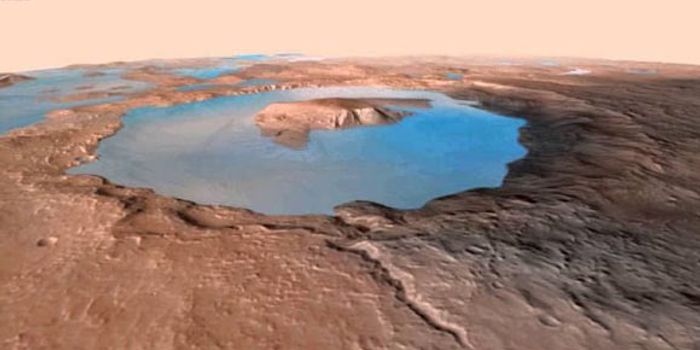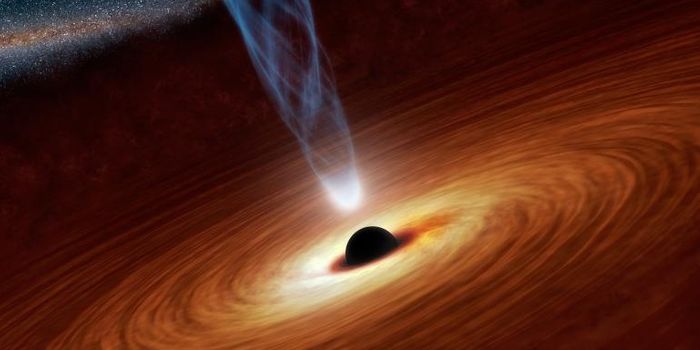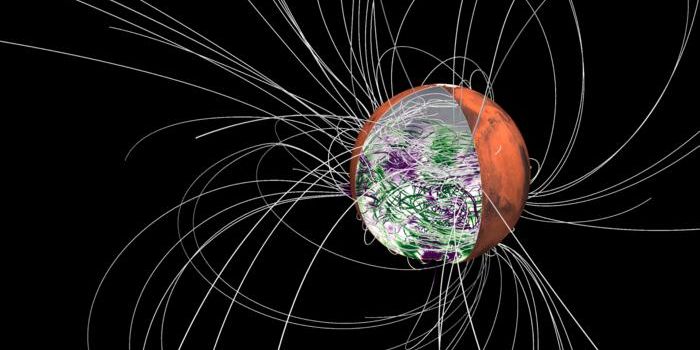First Matter in the Universe Flowed Like Tap Water
In two separate studies, researchers led by those at the University of Copenhagen and Queen Mary University of London found that the first-ever matter created in the Universe, known as Quark-Gluon Plasma (QGP), flowed like tap water.
QGP is a kind of matter that existed during the first microsecond of the Big Bang. While all the matter in the universe is made up of atoms, atoms are made of nuclei (protons and neutrons) and electrons. These nuclei in turn are made up of quarks that interact via gluons.
At very high temperatures, of around a million times hotter than that of the centre of the sun, quarks and gluons break free from nuclei and form a dense, hot soup known as QGP.
While QGP was present immediately after the Big Bang, shortly after it is thought to have separated and disappeared due to the hot expansion of the universe. These pieces of quark are then thought to have reformed into hadrons- a three-quark hadron becoming protons.
Understanding QGP is at the forefront of high-energy physics. While the forces between quarks and gluons are described by quantum chromodynamics, one of the most comprehensive physical theories we have to date, it is difficult to understand all of the properties of QGP using this theory alone.
By using the Large Hadron Collider at CERN, researchers from the University of Copenhagen were able to recreate QGP and see how it evolved to form the cores of atoms we know today. The researchers also developed an algorithm capable of analyzing the collective expansion of more particles than ever before.
"For a long time researchers thought that the plasma was a form of gas, but our analysis confirmed the latest milestone measurement, where the Hadron Collider showed that QGP was fluent and had a smooth soft texture like water. The new details we provide is that the plasma has changed its shape over time, which is quite surprising and different from any other matter we know and what we would have expected," says You Zhou, one of the authors of the study.
These findings support those by researchers at Queen Mary University of London. In their research, they homed in on the viscosity and density of QGP. While they found that its viscosity and density are around 16 orders of magnitude larger than water, they found that the ratio of viscosity and density between water and QGP was very similar. As the ratio of density and viscosity is indicative of fluid flow, as stated by the Navier-Stokes equation, they said that Quark-Gluon plasma and water likely flow in the same way.
"It is conceivable that the current result can provide us with a better understanding of the quark-gluon plasma," says Professor Vadim Brazhkin, one of the authors behind the study. "The reason is that viscosity in liquids at their minimum corresponds to a very particular regime of liquid dynamics which we understood only recently. The similarity with the QGP suggests that particles in this exotic system move in the same way as in tap water."
Sources: EurekAlert 05/25/2021, Physics Letters B, EurekAlert 05/27/2021, SciPost









